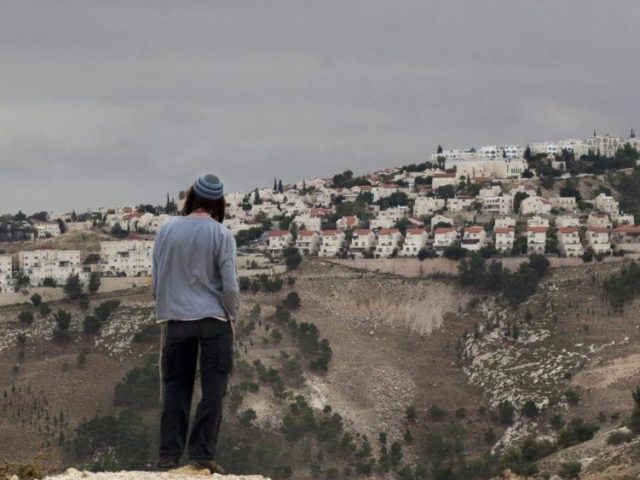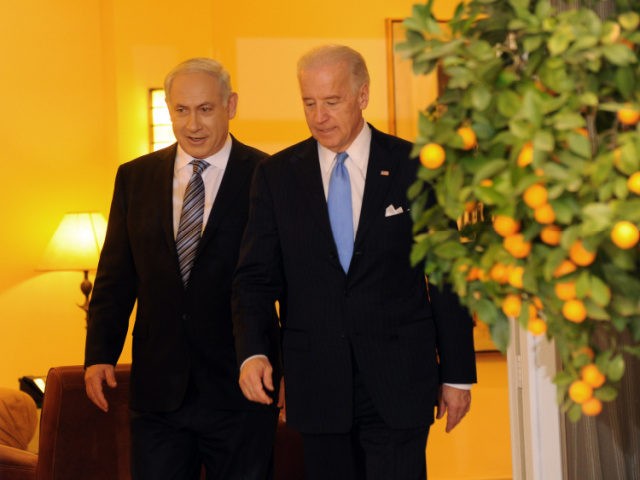Prime Minister Benjamin Netanyahu has strongly denied agreeing to freeze West Bank settlement construction on Sunday, after the U.S. published a joint statement saying Israel had agreed “to stop discussion of any new settlement units for 4 months and to stop authorization of any outposts for 6 months.”
The statement was issued at the end of a rare summit in Jordan aimed at reducing tensions between Israel and the Palestinians and attended by representatives from Israel, the Palestinian Authority, the U.S., Egypt and Jordan.
“The Government of Israel and the Palestinian National Authority confirmed their joint readiness and commitment to immediately work to end unilateral measures… [including] an Israeli commitment to stop discussion of any new settlement units for 4 months and to stop authorization of any outposts for 6 months,” the communique, which was published on the State Department website, said.
However, Netanyahu later vehemently denied the statement, saying: “There is and will not be any freeze.”
National Security Council Director Tzachi Hanegbi later doubled down, dismissing reports of a change in Israeli policy regarding settlement construction. The government recently decided to build 9,500 more housing units in Israeli settlements as well as legalize nine outposts in the West Bank in response to a deadly terror attack in Jerusalem that killed seven Israelis.
“Contrary to reports and tweets about the meeting in Jordan, there is no change in Israeli policy. In the coming months, the State of Israel will authorize nine outposts and approve 9,500 new housing units in Judea and Samaria,” he said.
“There is no construction freeze or change in the status quo on the Temple Mount; neither is there any restriction on IDF activity,” he added.

A Jewish settler looks at the West bank settlement of Maaleh Adumim, from the eastern outskirts of Jerusalem. (AP Photo/Sebastian Scheiner, File)
“The Israelis committed not to discuss any new settlements, and not to authorize any new illegal outposts. That I don’t believe will reverse the decision that was taken before, which we wish and would continue to work that it does. But ultimately, what we got yesterday is an agreement to deescalate and work to stop unilateral measures,” Safadi said.
“Both parties should have an interest in that because everybody is going to pay a tremendous price from the violence that we see erupting, particularly as we approach the holy month of Ramadan, which would also coincide with Passover. There is simply too much to lose here, there is too much at stake and if the commitment in Aqaba yesterday is honored, then we might see some progress towards deescalation,” he added.
Joe Biden expressed his opposition to Israel’s plans to extend Israeli law over parts of the West Bank, saying that will “choke off any hope for peace.” https://t.co/D2MKtqwfUT
— Breitbart News (@BreitbartNews) May 21, 2020
Right-wing Finance Minister Bezalel Smotrich, who has long called for settlement expansion and applying Israeli law over the West Bank, dismissed the outcome of the summit as “redundant.”
“I have no idea what they talked about or didn’t talk about in Jordan, but I know there will not be a freeze on construction and development in the settlements, not even for one day,” he said.
“What happened in Jordan (if it happened), will stay in Jordan,” agreed National Security Minister Itamar Ben-Gvir.

COMMENTS
Please let us know if you're having issues with commenting.